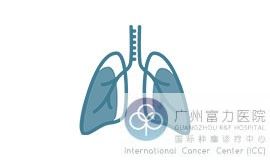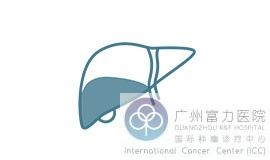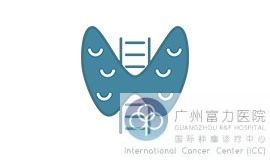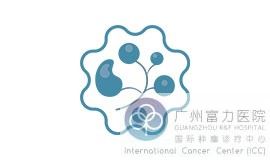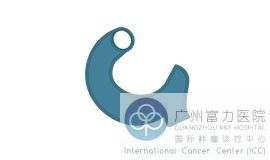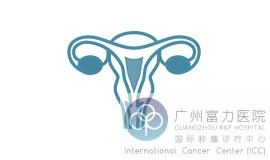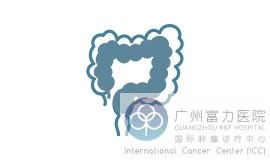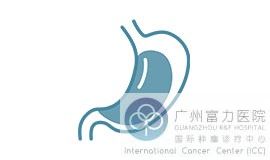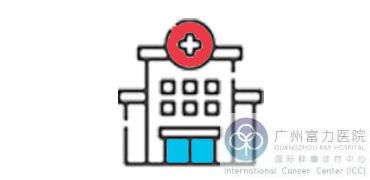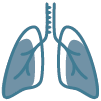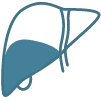Monoclonal antibody therapy - precise "biological missiles" to destroy cancer cells
In the Guangzhou R&F Hospital Tumor Center, a monoclonal antibody therapy called "biological sniper" is opening up a new anti-cancer path for patients with breast cancer, lymphoma, and gastric cancer. This technology uses artificially synthesized precision antibodies, with the characteristics of "precisely locking cancer cells and activating immune synergistic killing", to lock cancer cells like a missile. Clinical data show that the 5-year survival rate of HER2-positive breast cancer patients has increased to 89% (traditional chemotherapy is only 68%), and the complete remission rate of gastric cancer patients in the Middle East has reached 43%.
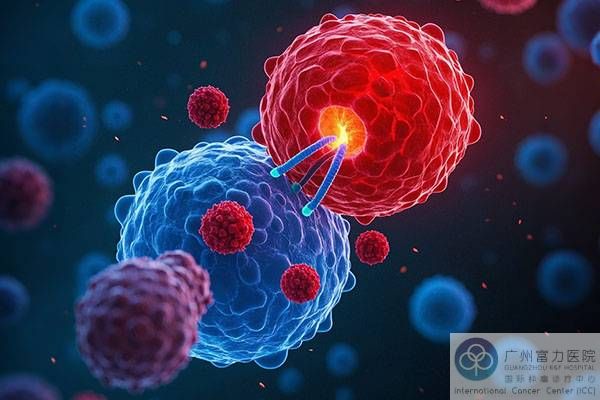
What is monoclonal antibody therapy? What is the principle of treatment technology?
Monoclonal antibodies (mAbs) are "intelligent biological missiles" synthesized in the laboratory that can accurately identify specific antigens on the surface of cancer cells (such as HER2, CD20, PD-L1, etc.). These antibodies fight cancer through the following mechanisms:
Target identification: Locking cancer cell-specific proteins (such as HER2, CD20) through genetic testing, which is equivalent to installing a "biological GPS"
Direct killing: After binding to cancer cells, blocking the growth signal pathway of cancer cells (such as Herceptin inhibiting the HER2 pathway) leads to cell apoptosis;
Marking cancer cells: Labeling immune cells (such as NK cells, macrophages) with "attack labels" (such as rituximab marking CD20),
Carrying anti-cancer drugs: Some antibodies are combined with chemotherapy drugs or radioactive isotopes (such as ADC drugs) to accurately deliver toxins to the tumor.
Intravenous injection of antibodies: Adsorbing cancer cell surface antigens like a magnet (binding accuracy of 0.1 nanometers)
Which patients are suitable for this technology?
Monoclonal antibody therapy has covered a variety of cancer types, especially for:
Breast cancer: HER2-positive patients (such as trastuzumab, pertuzumab);
Lymphoma: CD20-positive B-cell lymphoma (such as rituximab);
Lung cancer, gastric cancer: patients with high PD-L1 expression or HER2 amplification;
Colorectal cancer: patients with EGFR-positive and RAS wild-type (such as cetuximab).
Compared with traditional treatment, the advantages are significant
Treatment Method | Mechanism of Action | Precision | Common Side Effects | Long-term Efficacy |
Chemotherapy | Kills rapidly dividing cells | Low | Alopecia, bone marrow suppression, mucositis | Easy to resist, high recurrence rate |
Radiotherapy | Local high-energy radiation kills cancer cells | Medium | Skin damage, organ fibrosis | High local control rate |
Monoclonal Antibody Therapy | Targets cancer cell antigens | High | Allergic reaction (controllable), mild rash | Significantly prolongs progression-free survival |
Why choose Guangzhou R&F Hospital?
Accessibility of international cutting-edge drugs: Unlike some hospitals in Southeast Asia and the Middle East that only provide basic antibody drugs, our hospital covers:
○ "Naked antibodies" (such as trastuzumab and nivolumab);
○ Antibody-drug conjugates (ADCs) (such as DS-8201 and gosartuzumab), toxins directly reach the tumor, and the efficacy is improved by 3-5 times.
Precision biomarker detection: Lock the best target through NGS gene detection and immunohistochemistry (IHC) to avoid ineffective treatment.
Side effect management system: Equipped with allergic reaction emergency procedures and pretreatment plans, the incidence of severe side effects is < 2%.
Transnational treatment green channel: Support remote pathology testing for international patients and cross-border cold chain distribution of antibody drugs to reduce cross-border round trips.
Guangzhou R&F Hospital International Cancer Center Real patient case: Survival breakthrough of targeted therapy
Patient background:
Name: Aisyah (Indonesia, 29 years old, HER2-positive breast cancer)
Condition: 5cm tumor invades chest wall, refuses total mastectomy
Special needs: unmarried, strongly requests breast conservation
Treatment plan:
Trastuzumab + Pertuzumab dual-targeted therapy
Combined intratumor antibody sustained-release gel
Psychological counseling simultaneous intervention
Treatment results:
Tumor shrank to 1.2cm after 8 weeks
Breast-conserving surgery was successfully performed
Healthy twins were born 2 years after treatment
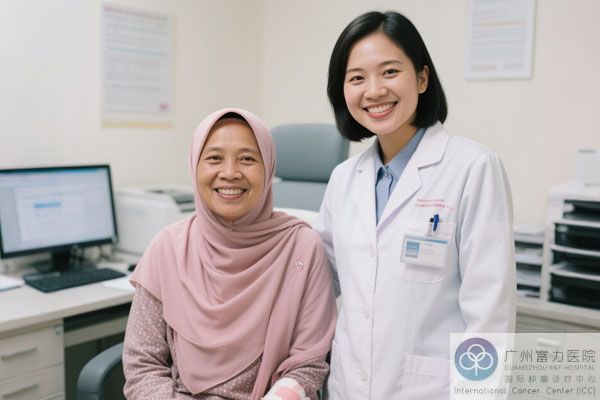
"These antibodies are not only drugs, but also warriors who protect women's dignity." - Aisyah
Other patient cases receiving monoclonal antibody therapy:
Case 1: HER2-positive breast cancer (Saudi Arabia, 42 years old)
Advanced breast cancer liver metastasis, progressed after chemotherapy. With trastuzumab + pertuzumab dual-target treatment, liver metastases disappeared after 6 months, and progression-free survival has exceeded 4 years.
Case 2: Diffuse large B-cell lymphoma (Malaysia, 58 years old)
Relapsed after chemotherapy, CD20 positive. Rituximab combined with chemotherapy (R-CHOP regimen), PET-CT showed complete remission after 3 cycles, and no recurrence in 2 years.
Case 3: Advanced gastric cancer (Indonesia, 50 years old)
HER2-positive gastric cancer peritoneal metastasis, difficulty eating. After 2 months of treatment with DS-8201 (ADC drug), the peritoneal metastasis shrank by 70% and normal diet was restored.
For more patient stories, please click
Let every cancer cell have nowhere to hide - we redefine the boundaries of precise anti-cancer
Guangzhou R&F Hospital Cancer Center opens the era of "survival without chemotherapy" for cancer patients and wins a lasting victory for life. If you or your family are facing difficulties in cancer treatment, please contact Guangzhou R&F Hospital Cancer Center. We provide multilingual medical history consultation, contact us now to get an assessment of treatment eligibility.
Contact us:
email: rfcancercenter@gmail.com |
whatsapp: +86 18565157271










